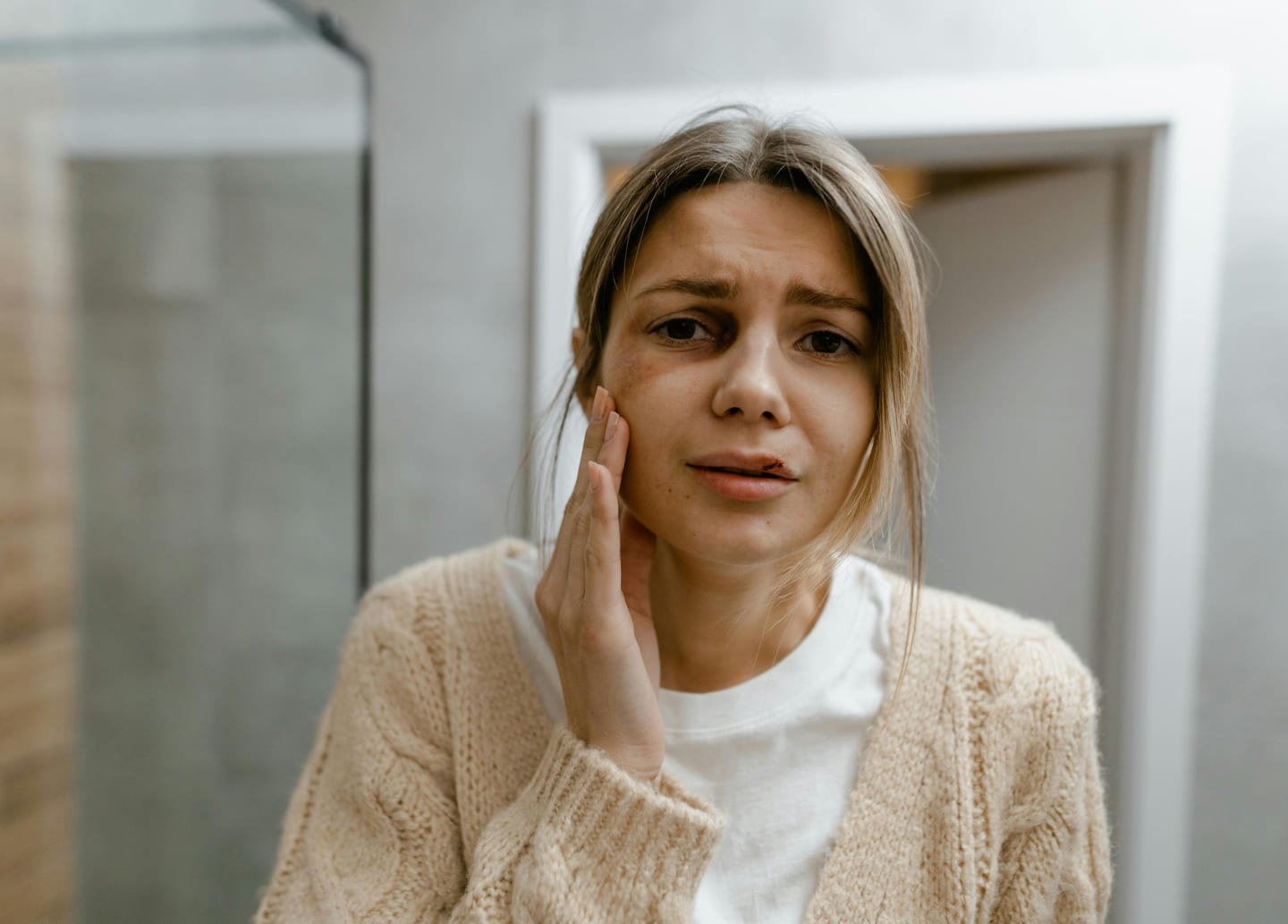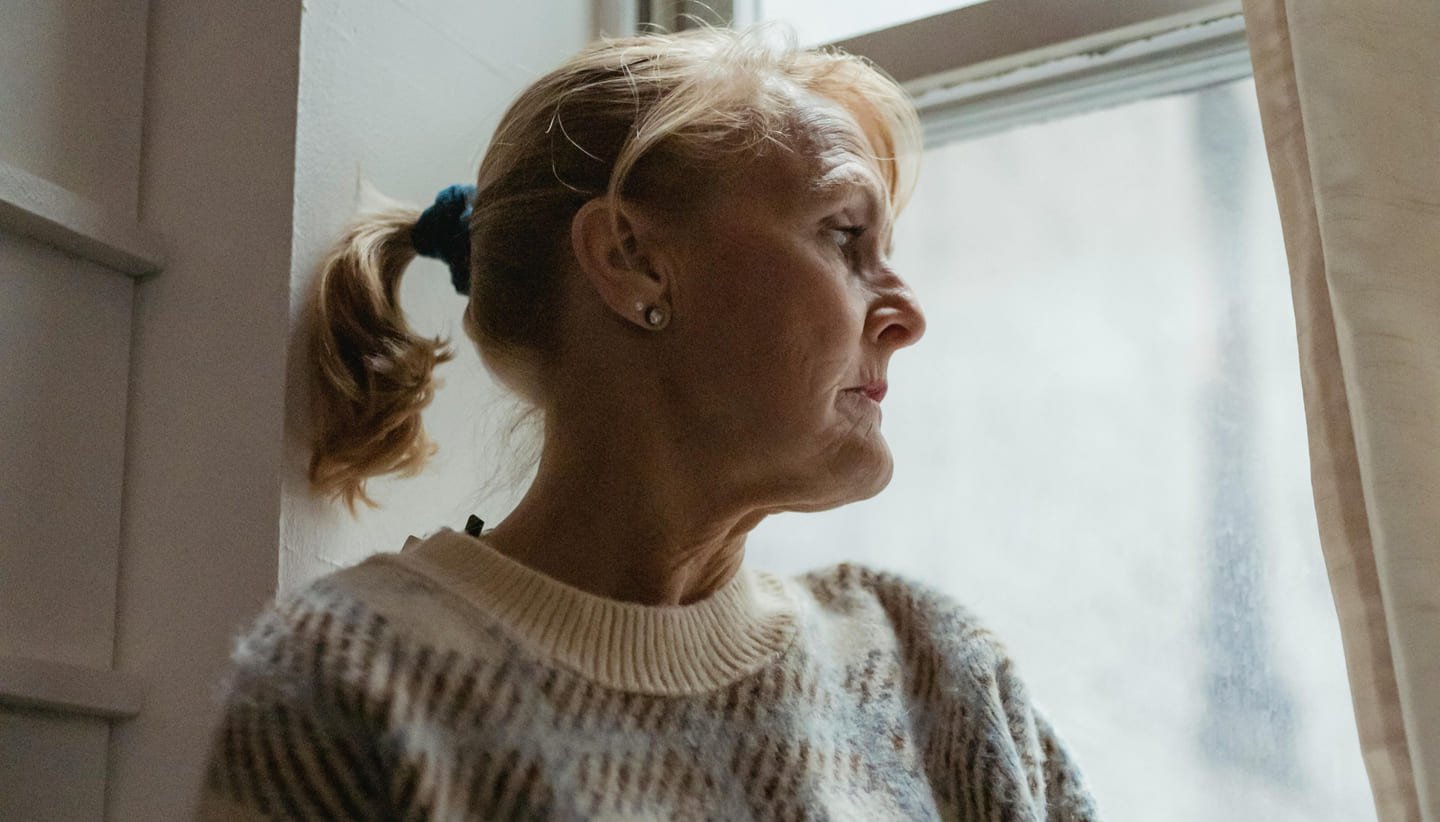Anxiety is considered excessive or irrational fears or worries, accompanied by physiological reactions such as palpitations, sweating, tremors, feeling of suffocation or lack of air, pressure in the chest, nausea or digestive discomfort, dizziness, fear, etc.

State of constant worry and anxiety that lasts more than 6 months and is related to a wide variety of daily situations that cause discomfort and anguish, affecting work or academic performance.
The pounding of the heart, the sensation of suffocation, the tremors, the sweating or the dizziness lead to experiencing an intense feeling of loss of control or even death. We live to avoid suffering a crisis again and avoid situations that could trigger it, especially places where we cannot easily leave or where it is difficult to receive help.


It may be due to having suffered panic attacks or anxiety of less intensity in situations from which one cannot easily leave or in which it is difficult to receive help. The person avoids these situations to the point of being able to avoid leaving the house or places that they consider safe and in any case, avoids going alone.
Disproportionate or irrational fear of an object, animal or situation, which causes intense anxiety and often anticipatory fear and avoidance behaviors.


The fear of ridicule, of looking bad or showing nervousness, cause intense anxiety reactions in many social situations, such as speaking in public or doing other activities in the presence of other people. The person avoids them to the point of living in anticipation and looking for excuses not to find themselves in social situations, leaving their relationship life very limited in all areas (professional, friends, partner, etc.).



Luís Maestre i Funtané. Tots els Drets Reservats. Elaborat per Sytel Media